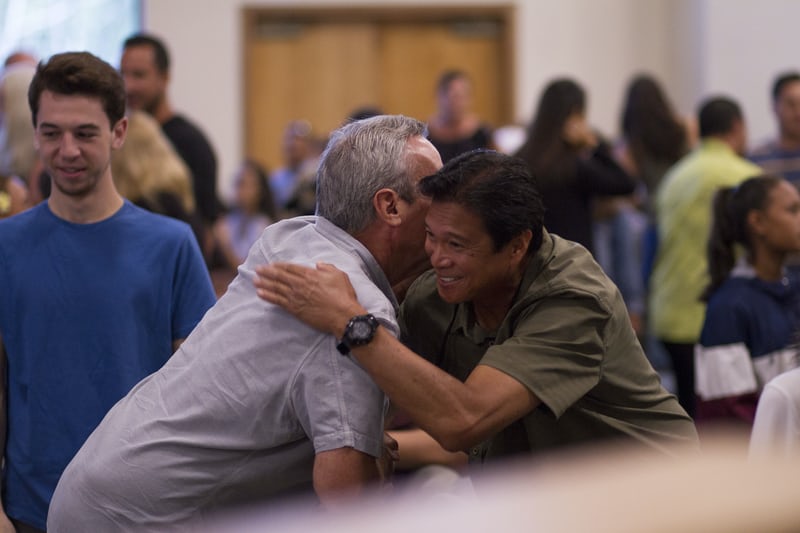
You are no longer foreigners and aliens, but fellow citizens with the saints and members of God’s household.
Ephesians 2:19
What is the church? Although the church can be known publicly by a building or a name, the essence and life of a church always becomes expressed through community. But community alone does not constitute the church unless the community is one of faith. But even this does not represent a complete picture of the church. There is indeed more
The church is a corporate reality of Christian faith (but not merely a corporation). The church gathers around the character of Jesus Christ, and not the characteristics of the people. We relate to God individually, but the focus of the church always remains relational. We dare not ignore the relational dimensions of the church. The church, as a community, defines a supernatural belonging where Christ is the Head – meaning the life. Each one in the church has received this life through faith in the death and resurrection of God’s Son.
A. W. Tozer observes,
“One hundred religious persons knit into a unity by careful organization do not constitute a church any more than eleven dead men make a football team. The first requisite is always life.”
To help the church of the first century better understand this supernatural life, the Apostle Paul referenced a political expression of his day: fellow citizens. Translated into the redeemed community, this expresses a change in status and represents a supernatural alteration. Paul addressed those who were not Jews (Gentiles by identity) but had placed their faith in Christ and consequently a member of God’s church. He reminded the gentiles that they were no longer a foreigner nor an alien. Both terms represented one living in a foreign land with no citizenship rights. The foreigner holds the idea of a tourist in the foreign land, and an alien represents one with a visa to live in another place, but no rights as a true citizen. These descriptions depict one who was truly and outsider.
However, the one saved by faith in Jesus Christ has received citizenship in the kingdom of God. This involves redemption, restoration, and reconciliation.
- Redemption represents salvation from sin.
- Restoration represents healing from the brokenness of sin.
- Reconciliation represents a mending of both the relationship with God and with others in the church.
As fellow citizens, each follower of Jesus exists in the church as valid as the saints of old. We are redeemed, restored, and reconciled to God.
Let no one tell you that you do not belong. Let none convince you that you are less than the saints that have gone before you. You are fellow citizens in the household of God.
This is our identity in Christ and in the church. Praise His holy name!
Blessings.




